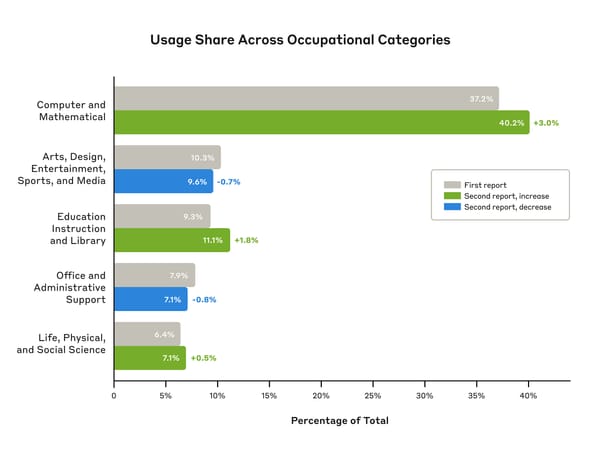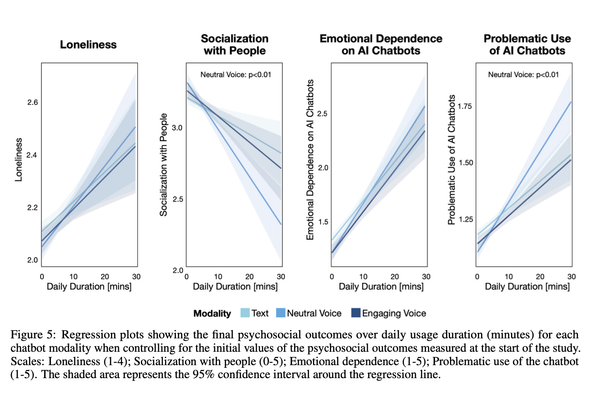The lesson Facebook won't learn
In a reckless, secret campaign against TikTok, the company's paranoia leads to another self-inflicted wound

Today, let’s talk about the lunacy of Facebook running a secret campaign against TikTok focused on the dangers of social networks to children.
The campaign, which is sadly consistent with the company’s approach to competition over the past 10-plus years, saw it paying Republican operatives to promote the message that TikTok is harmful to children and society. Here are Taylor Lorenz and Drew Harwell in the Washington Post:
The campaign includes placing op-eds and letters to the editor in major regional news outlets, promoting dubious stories about alleged TikTok trends that actually originated on Facebook, and pushing to draw political reporters and local politicians into helping take down its biggest competitor. These bare-knuckle tactics, long commonplace in the world of politics, have become increasingly noticeable within a tech industry where companies vie for cultural relevance and come at a time when Facebook is under pressure to win back young users.
Employees with the firm, Targeted Victory, worked to undermine TikTok through a nationwide media and lobbying campaign portraying the fast-growing app, owned by the Beijing-based company ByteDance, as a danger to American children and society, according to internal emails shared with the Washington Post.
I called up Meta today in an effort to understand how any of this had come about. The basic idea, it seems, had been two-fold: one, after years of relentless negative press coverage of Facebook, the company hoped to pressure the media to choose a new target. (A target that is now also its biggest rival and has supplanted it as the world’s most important social network.) And two, Facebook sought to highlight TikTok’s content moderation problems as a means of making its own content moderation look superior by comparison.
One element of Meta’s strategy was to pump hot air into extremely thin stories, such as a widely covered but apparently false idea that a viral “challenge” on TikTok was leading students around the country to slap their teachers. In reality, according to Insider, the challenge was a rumor that had started on Facebook. But that didn’t stop Targeted Victory from promoting stories about it anyway, along with coverage of a previous vandalism challenge known as “devious licks” that, while rooted in fact, also began as a rumor on Facebook.
The practical effect of this coverage was for TikTok to send its trust and safety teams on a wild goose chase looking for examples of these challenges, TikTok told me today. TikTok has more than its share of actual content moderation challenges to worry about, but Facebook’s dirty tricks campaign made sure that its rival spent weeks wasting their time.
But the effect went beyond inconvenience. By fanning the flames of a bogus controversy, Facebook worried teachers around the country that their students might be about to hit them. “Facebook fanned the flames of the devious licks hoax and terrified teachers, students and parents across America as a result,” said Randi Weingarten, president of the American Federation of Teachers, on Twitter today. “They didn't care about the impact on teachers and students, they just wanted to attack a competitor. This is really shameful.”
It’s also worth asking that, to the extent any students did eventually begin vandalizing their schools for content-creation reasons, they had been inspired by the very coverage Meta was busy promoting in local newspapers and TV stations around the country. Even the fact that Meta might have helped to inspired such copycats ought to have been enough to kill this project when it was still being white-boarded.





